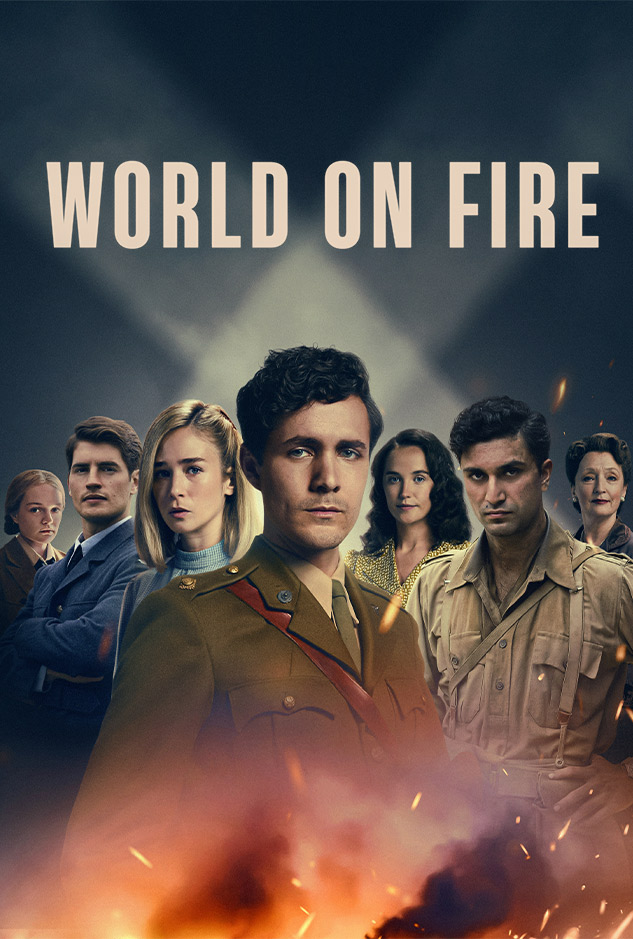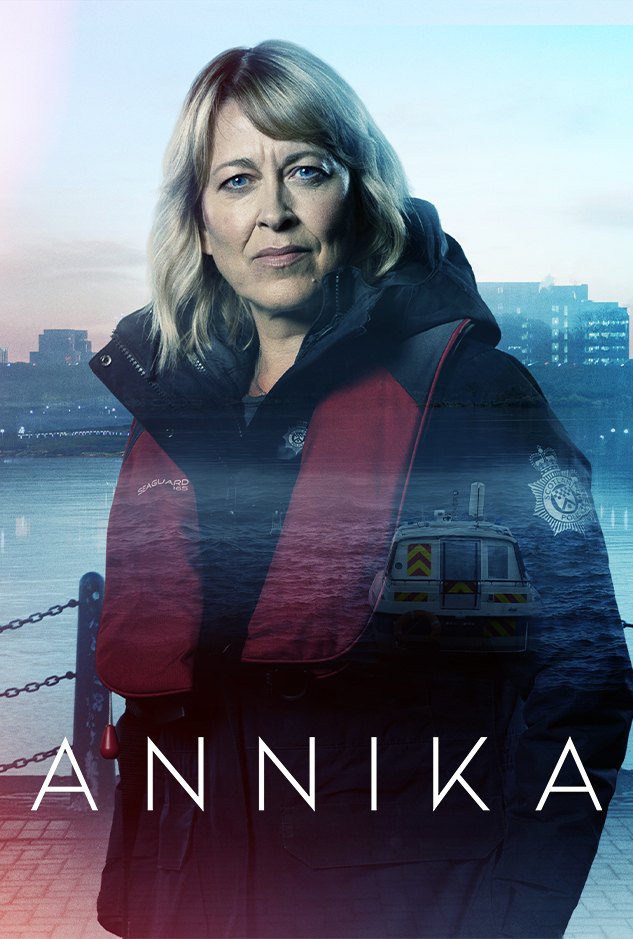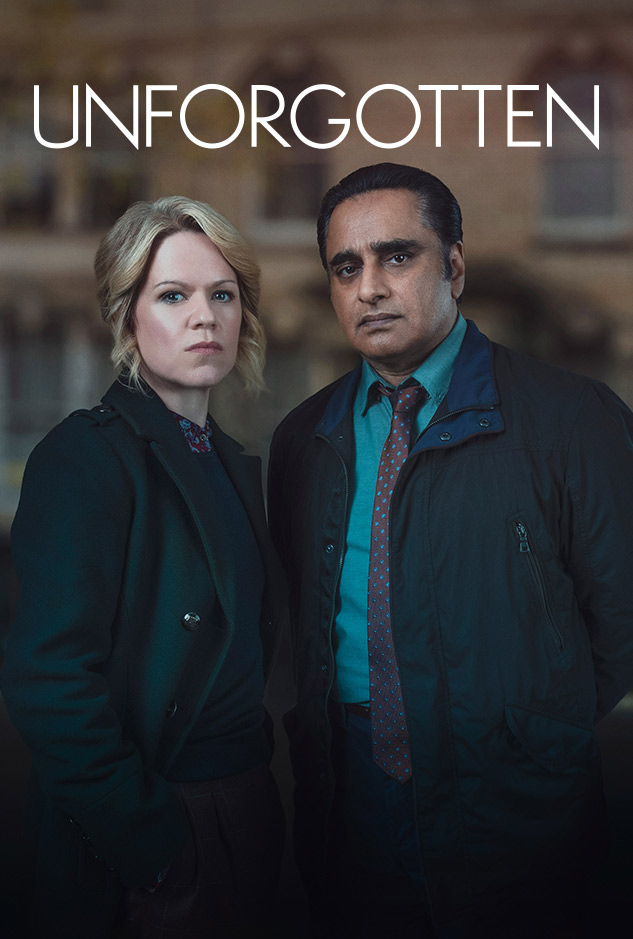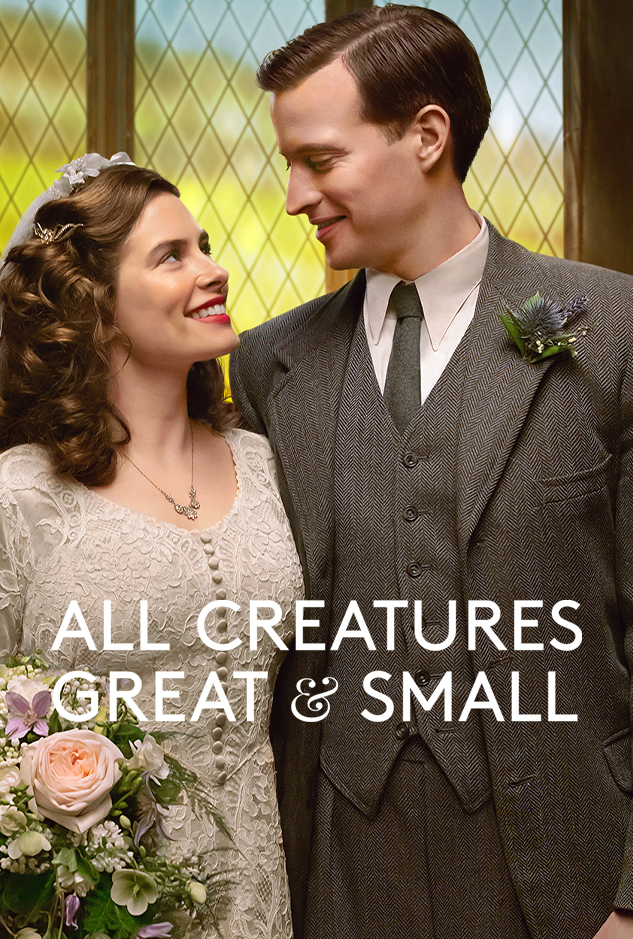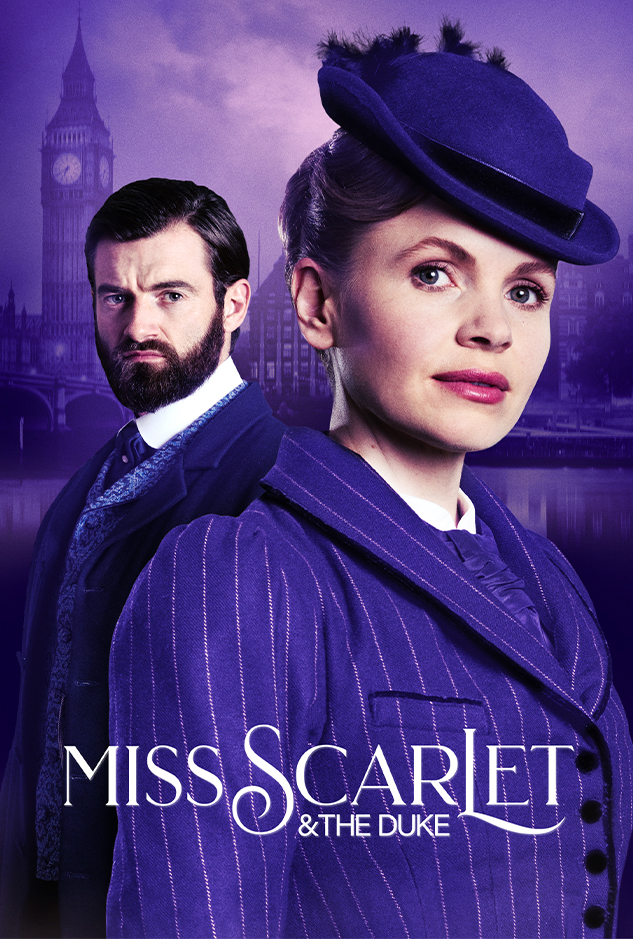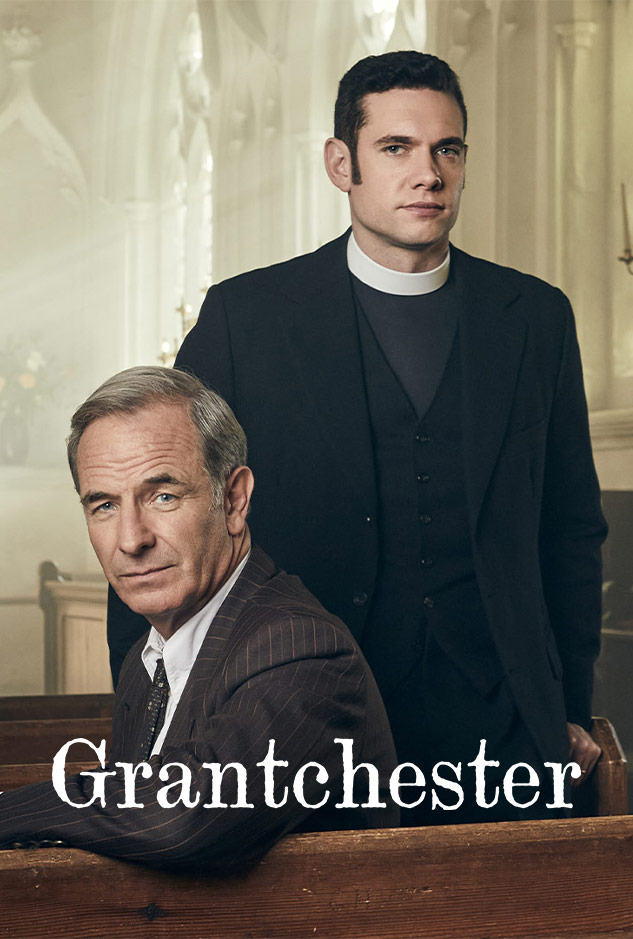Samuel West Interview: Making Sense of Siegfried
For two straight seasons, fans of All Creatures Great and Small have doubled over in laughter as beloved eccentric Siegfried Farnon bellowed, ranted, and dispensed his unique brand of advice. Now, in Season 3, we are learning about the events that made the man, from the Great War to found fatherhood. In an interview with MASTERPIECE, actor Samuel West shares insights into Siegfried’s backstory and the character he’s portrayed for three years.
This interview has been edited for length and clarity, and to avoid Season 3 spoilers.
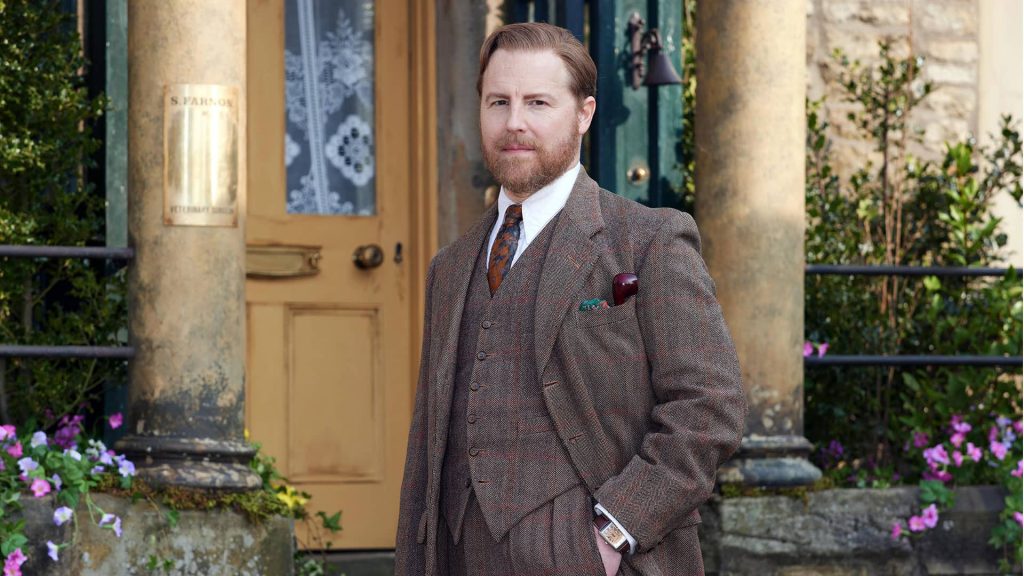

This season, and especially in Episode 3, we learn more about Siegfried’s backstory and journey towards becoming the man that he is. Did any of these new revelations help to further your understanding of Siegfried?
Yes, well, he had two things that had happened almost together. The first was the experience of going to war just after getting married and seeing these horrific things, which many people, Siegfried I think being one of them, didn’t talk about, and coming back absolutely preferring animals to people. When I first thought about it, it seemed like a quite eccentric position. But I think Season 3 is where I’ve been convinced that it seemed a perfectly natural thing. Particularly horses—preferring horses to people made absolute sense to me after doing Season 3.
It was the extraordinary time bomb of the first war, of gas and the destruction of the horses and the mindless…I’m a member of the Wilfred Owen Society, and there’s an extraordinary, famous poem by him, “Dulce et Decorum Est,” which rails against the old lie that it is sweet and decorous to die for one’s country. I think, probably, Siegfried came home from that war thinking it was pointless and dreadful, having seen things that he couldn’t even imagine, wholesale murder at the hands of a machine gun. It was only just possible in 1916, 1917, to kill people that fast, with a machine that’s only just been invented. You’re at the edge of your worst nightmares.
And then, to slaughter horses—his favorite animal, the most beautiful animal as far as he’s concerned on the planet—to do that to innocent creatures who haven’t signed any form or aren’t getting paid, to do it wholesale, slaughter those creatures who have served just as we have served the war effort, and deserve their rest and their honor, and in fact, they’re just treated like meat. You can push that under, but then of course, Maurice kills himself. The fact that this guy had this little time bomb that detonated 21 years later…I think probably anyone who was in the first war and was in their twenties when they went to war, and then was old enough to realize that they’d only really pressed pause for 21 years—it’s all really one war, they’d just stopped for long enough to breed up another generation of boys and then they were going to do it again—I think that makes Siegfried absolutely furious.
The second thing was not having children with [his wife] Evelyn, for reasons that many people are not having them now, just looking around and going, “Can we honestly justify bringing people into this world given the way the world is and looks like it might become?” Then, Tristan coming to live with them, and realizing that perhaps they could do this, they could be parents of their own child, because they were surrogate parents to him. And realizing what was missing in Siegfried’s own relationship with his father, which Tristan had by being the miracle baby who’d turned up unexpectedly so long after.
I presume that his mother was 21 when she had him and 40 when she had Tristan. [Calllum and I] always thought there was a child in the middle who didn’t survive. But he was this miracle child and didn’t seem to know it, which is so unfair, because the gap is so big, he could be my son…. That, of course, brings its own difficulties… [around] how best to look after someone who is your child and yet not your child, thinking that you are doing the right thing by stopping them from being hurt or making too many mistakes, and actually realizing that making mistakes is an incredibly important way of becoming who you are—probably the most important way. Siegfried, from having a rather controlling father, has just replayed the same mistakes with his own brother that his father did with him.
Siegfried definitely didn’t have as good a time at college as Tristan did because he was working quite hard as the first born to be everything his father wanted him to be, and his father was quite controlling and paying for his fees and all that. Tristan doesn’t seem to be bound by that in the same way, so that’s quite annoying! That was funny in the first couple of series, Tristan having so much of a free and easier time than Siegfried had, but those chickens really come home to roost in Season 3.
I think, in Season 3, we know so much more about the people. In the first two seasons, I hope people were charmed by the animals and delighted by the scenery. In Season 3, although of course there are important things to be done with the animals, there are big movements in the family and things feel deeper and richer, and I hope that people are more invested. So all of those things are there and none of them are specific and none of them really rise to the surface very often. I believe them all.
Episode 3’s story of Siegfried’s experience in the First World War was extremely powerful. Did you hear anything from UK viewers about their own family members’ experiences and stories?
Yes, many people wrote to me saying that it had brought home memories of their own family, immediate families, aunts and uncles. My great uncle was killed at the Second Ypres. He fought at the Somme and he was an MC, a captain, and he was very young. The most extraordinary thing happened about five years ago. He was billeted in France with his unit, and the French farmer whose farmhouse they were staying in was an amateur photographer and he was making money, he and his wife, by taking big glass plate pictures of the soldiers for them to send home. When the farmhouse was sold in the ’90s, they discovered two trunks of big format glass plate negatives in the attic that had never been opened from 1916 and 1917, and they blew them up. They were large enough to see the regimental badges, so they’d sent them back to the regimental museums and they identified everybody, including my great uncle, who was in two of the photographs.
They said, “This is Walter Scales, I think, known as Alec,” and I said, “Yes, it is.” Even if I didn’t know what he looked like, I could tell you that because he looks exactly like my cousin, who is in the army now, and he looks pretty like me. This was something that was done just over a hundred years ago, but only rediscovered about 15 years ago. My mother’s mother, Alec’s, younger sister, was 18 when her brother was killed, and never really got over it. She died when I was 15. That’s absolutely living memory for me.
A lot of people got in touch to say [this storyline] was a new direction for the series, but that they had appreciated it, and it was the right time to do it… The joy of playing Siegfried for three seasons and counting is that I’ve never done a part for that long, and when they turn out to be depths to him that make sense and are fun to play and that people respond to, I just think that’s just a wonderful position to be in, lovely position to be in, especially when something means something to people personally rather than just being something they enjoy. If it brings memories of beloved family members or reminds them of something that they’re proud of or forgotten, that’s a real privilege as an actor to have to be in that position. It doesn’t happen very often.









